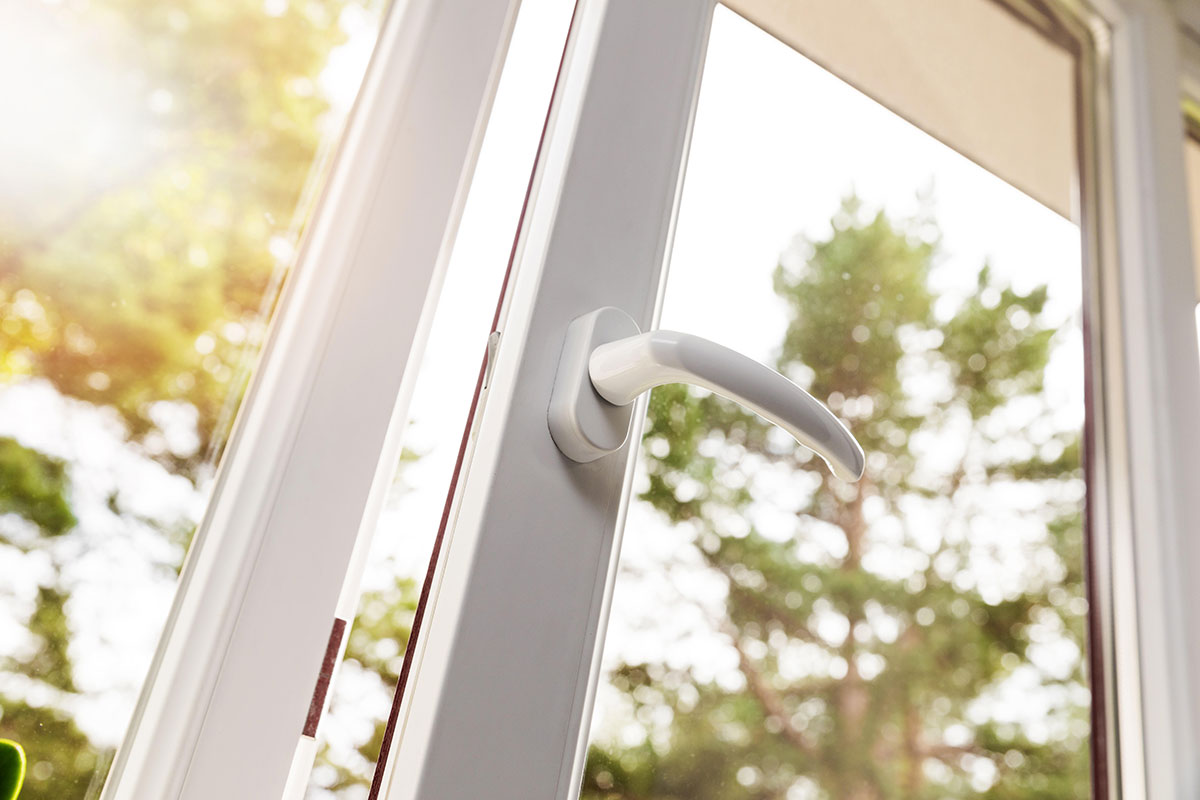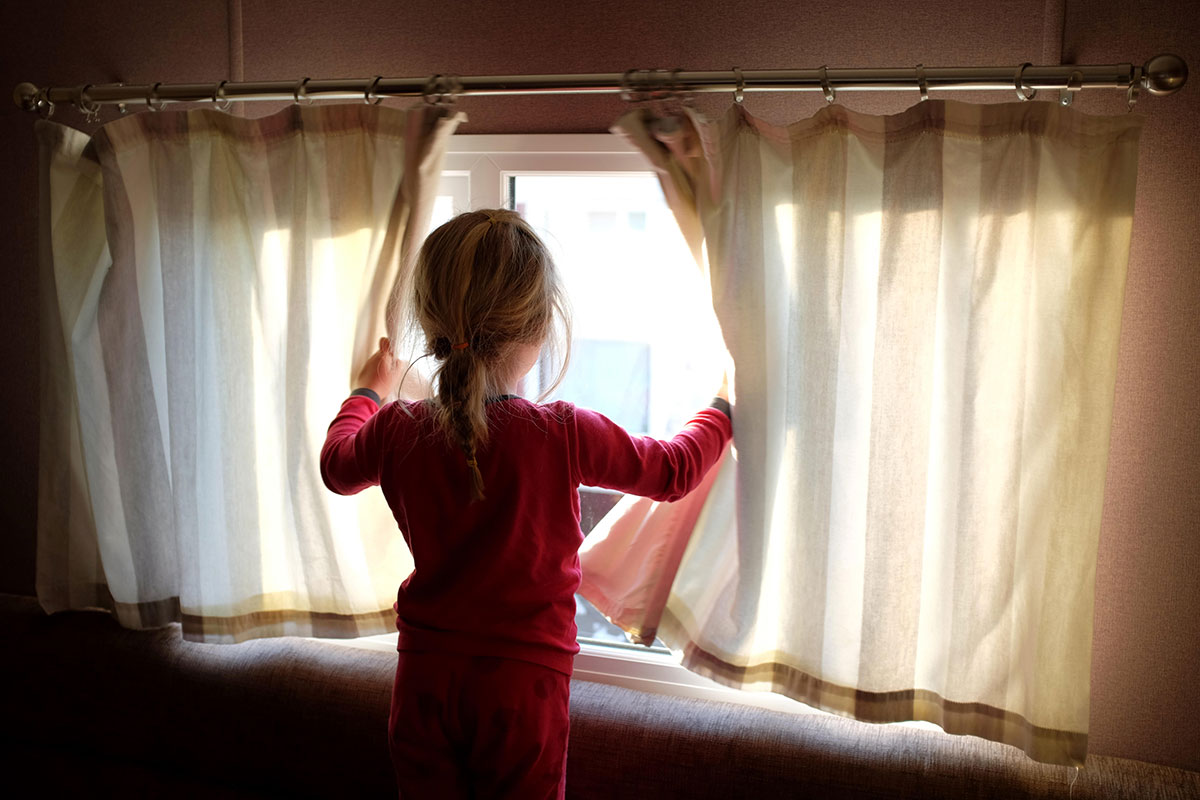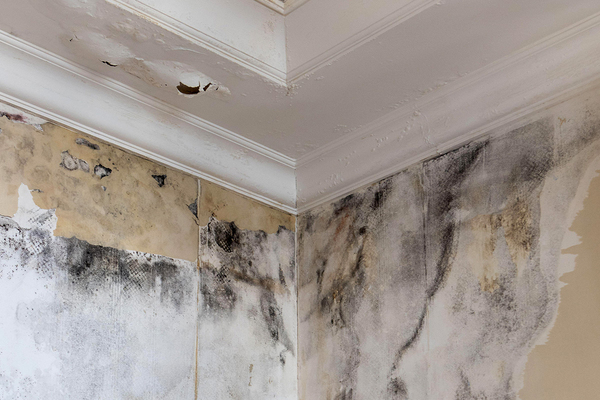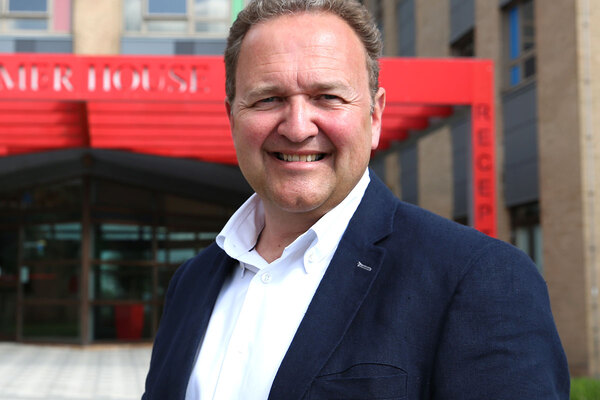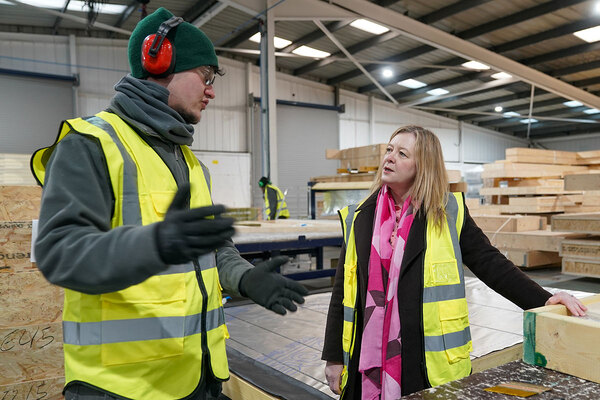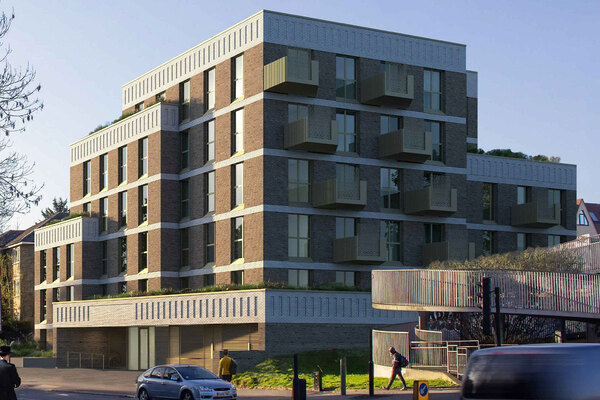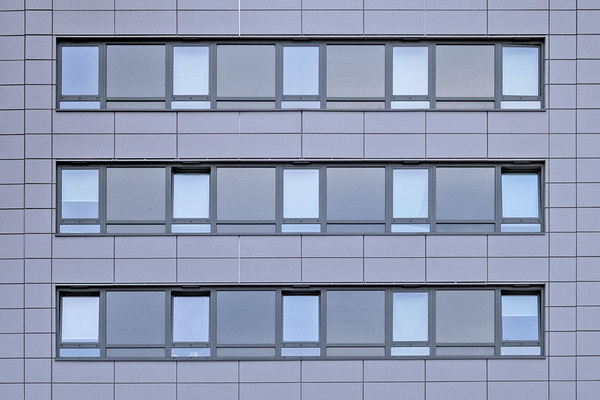What is good-quality air, and how is it measured?
Indoor air quality is a key factor in people’s health and safety. This Inside Housing webinar, sponsored by Aico, asked a panel of experts what well-being at home looks like, and how it fits into the safety and zero carbon agenda
In association with:

Indoor air quality is a key factor in people’s health, their homes and energy efficiency.
In 2014, the Scottish government introduced the Energy Efficiency Standard for Social Housing in order to improve residents’ lives and reduce energy inefficiency as a driver of fuel poverty.
Improvements to energy efficiency can lead to improvements in health outcomes, particularly in older people, young children and anyone with chronic or respiratory health conditions.
To support this, by 2025, Scottish landlords are encouraged to start collecting air quality impact data for energy efficiency measures. This means before-and-after installation data on carbon dioxide, temperature and humidity.
Today, Scotland’s building regulations state that every home must have a monitor in the main bedroom to measure CO2 levels. The monitor will alert the inhabitant if they need to open a window. This law is not yet in motion across the rest of the UK – but should it be?
Inside Housing ran a webinar, sponsored by Aico, to explore how air quality can be measured.
Inside Housing and Aico webinar: participants
Olga Turner Baker, co-founder and managing director, Ekkist
Olga Turner Baker is co-founder and managing director of Ekkist, a built environment consultancy specialising in health and well-being, working across all use classes.
She is a chartered surveyor, WELL AP, WELL Faculty member and member of the RICS Eastern Region Board.
Ms Turner Baker specialises in consulting on the WELL Building Standard and is one of the first consultants in the UK to gain WELL Faculty status.
In 2019, she was listed in the Forbes 30 Under 30 ‘manufacturing and industry’ category for her work in health and well-being in the built environment, and she is now a regular speaker at industry events, as well as advising some of the UK’s largest landowners and developers.
Chris Jones, chief executive, HomeLINK
Chris Jones co-founded HomeLINK in January 2018 with previous careers spanning technology strategy, advisory and commercialisation.
He started his career as a management consultant in the energy sector, but directly before joining HomeLINK was operations director at a high-growth AI company where his responsibilities included product development, sales and marketing.
Dr Monica Mateo-Garcia, lecturer in built environment, Birmingham City University
Dr Monica Mateo-Garcia is an architect and senior lecturer in sustainable built environment at Birmingham City University. She conducts applied research related to zero-carbon homes, low-carbon refurbishment and healthy indoor environments (thermal comfort, indoor air quality and health and well-being of occupants).
Dr Mateo-Garcia is currently leading research in future homes and post-occupancy evaluation. She is a committee member of UKIEG and is regularly invited to speak at conferences and industry events.
Sign up for our daily newsletter
Already have an account? Click here to manage your newsletters
